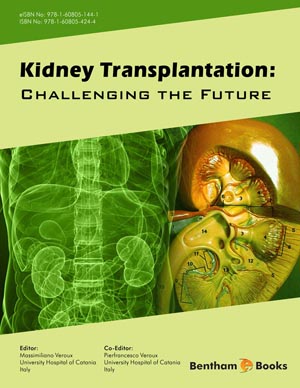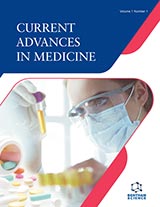Abstract
The increasing demand of organ donors to supply the increasing number of patients on kidney waiting list, has led most of the transplant centers to develop protocols that allow safe utilization from donors with special clinical situation, which heretofore were regarded as contraindication. Deceased donors with previous hepatitis may represent a safe resource to expand the donor pool. When allocated to serology-matched recipients, kidney transplantation from donors with hepatitis may result in excellent short term outcome. However, many concerns may arise in the long term outcome, and studies must be addressed to the evaluation of the progression of liver disease and to the rate of reactivation of liver disease in the recipients. An accurate selection of both donor and recipient is mandatory to achieve a satisfactory long term outcome.
Keywords: Kidney Transplantation, Deceased Donor, Hepatitis C Virus, Hepatitis B Virus, Hepatitis B Surface Antigen, Hepatitis B Core Antigen, Chronic Hepatitis, Interferon, Lamividine, Entecavir, Ribavirin.






















